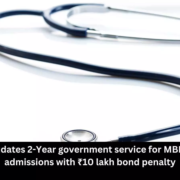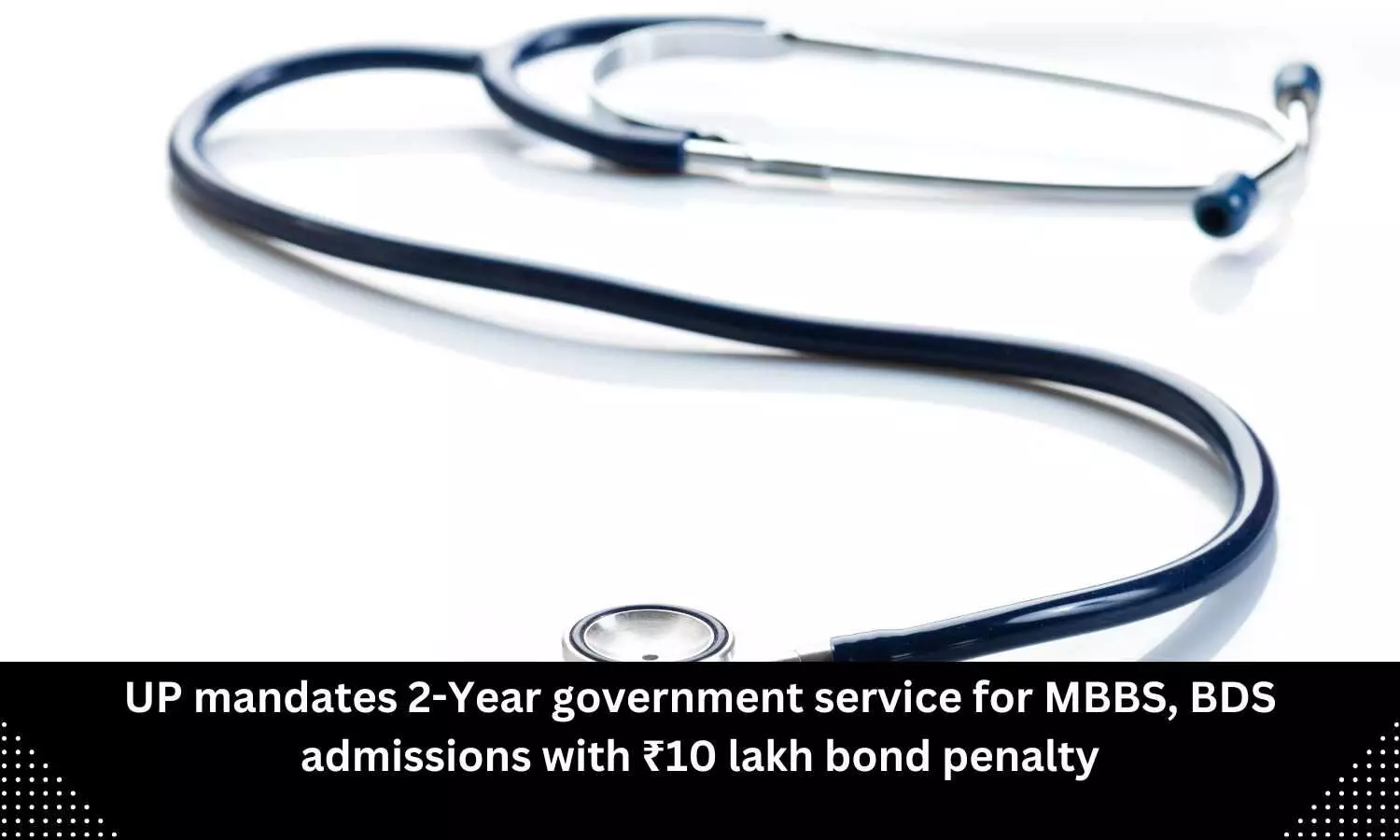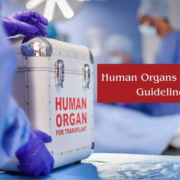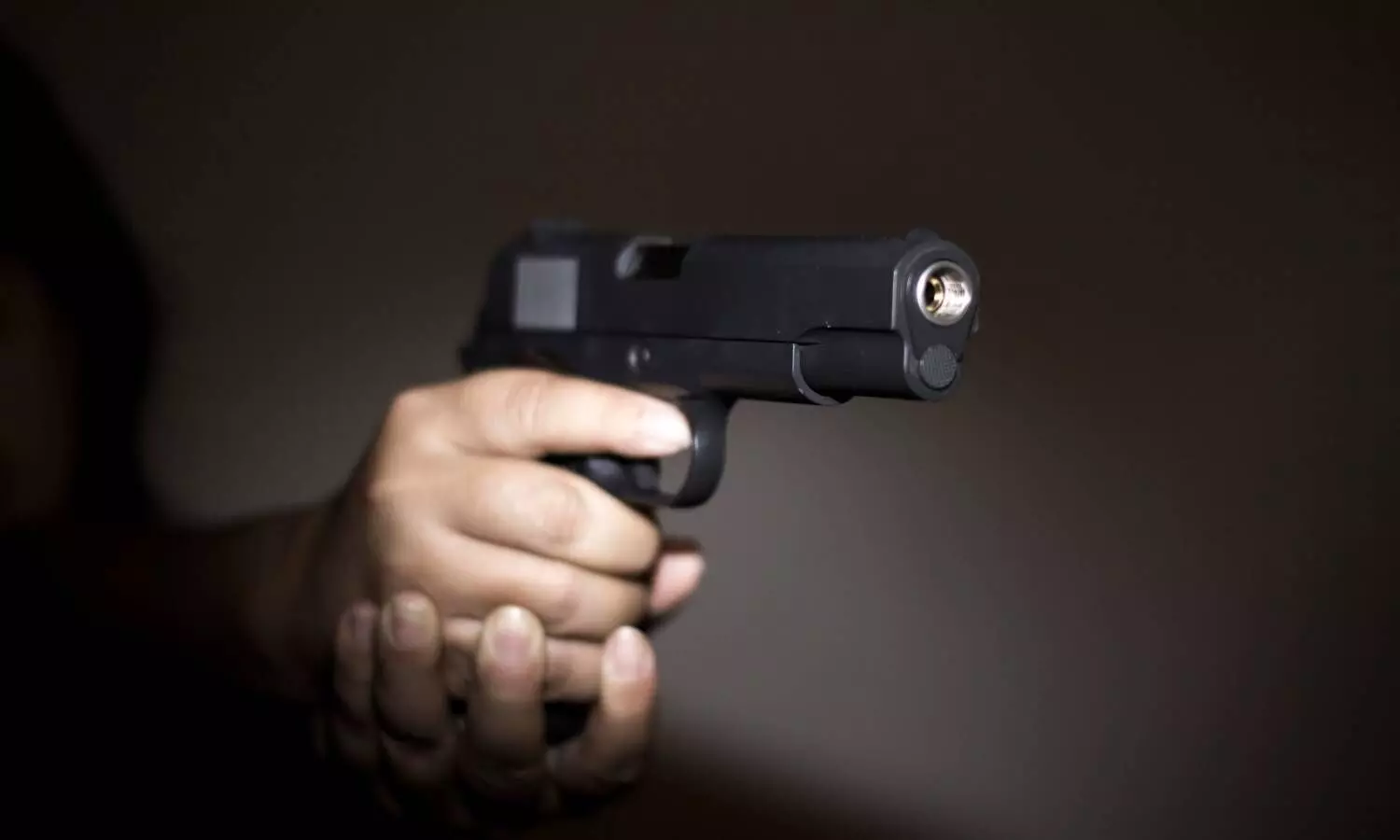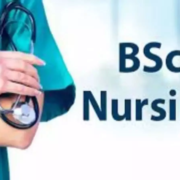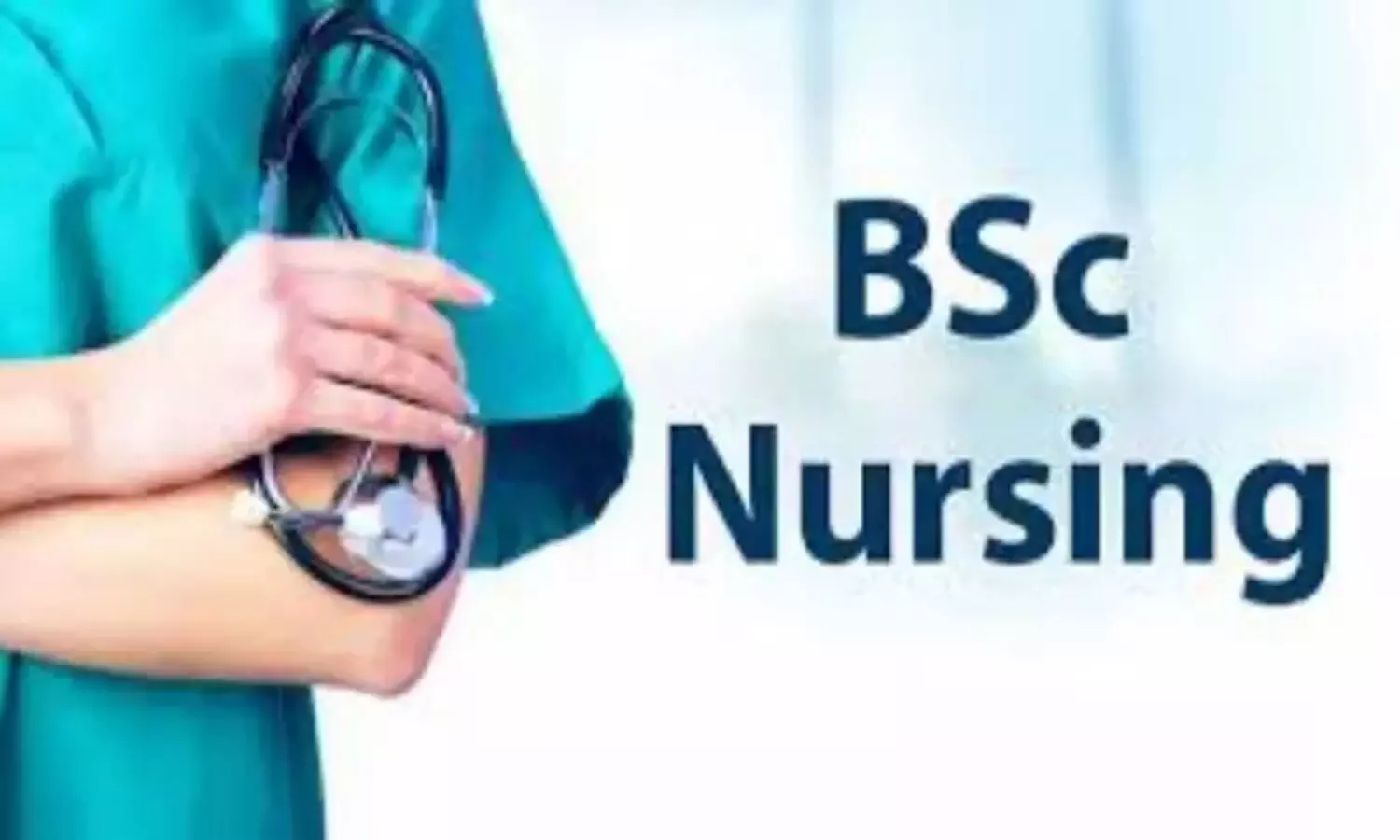New Delhi: The Union Health Ministry has introduced its first Standard Operating Procedures (SOPs) aimed at ensuring the smooth and efficient transport of live human organs via road, trains, air and waterways. These new guidelines will allow airlines to request priority take-off and landing from Air Traffic Control and arrange front-row seating for organ transport flights.
The SOPs are designed to standardize and optimize the process of organ transportation across the country, thereby enhancing the utilization of donated organs and offering hope to patients awaiting life-saving transplants.
According to a PTI report, Union Health Secretary Apurva Chandra said, “By streamlining organ transport process, we aim to maximise the utilisation of precious organs and offer hope to countless patients awaiting life-saving transplants. These SOPs are a roadmap for organ retrieval and transplant institutions across the country ensuring adherence to best practices and quality standards”.
According to the SOPs for transportation by air, airlines carrying human cadaveric organs can request the Air Traffic Control for priority take-off and landing of the aircraft and arrange front-row seats.
They can also request priority reservation and a provision for late check-in for medical personnel transporting organs.
The source airport will inform and communicate to the destination airport to facilitate the arrival process, according to the SOPs.
The flight captain may make an in-flight announcement that human organs are being transported, the guidelines stated.
The SOPs said trolleys can be arranged for carrying the organ box from the aircraft to the ambulance on arrival by the airport and airline staff and in case the ambulance is allowed until the runway, the airline crew can guide and assist the accompanying medical personnel carrying the organ box to disembark from the staircase onto the runway directly and into the waiting ambulance.
Airport officials should define a “green corridor” — free from obstruction — and a trolley for the organ box from ambulance to the aircraft at the airport of origin and vice versa.
According to the SOPs, to facilitate transport of organs by ambulance and other vehicles, the “green corridor” may be provided for organ transport on the request of specific authorities or agencies.
As per PTI report, the ”One Trigger System” i.e. a request from the organ allocation authority (NOTTO/ROTTO/SOTTO) to initiate the process of organ transport by creation of green corridors”, may be considered for this purpose, it said.
This may help minimise the concerns around internal security as the request would be obtained from a credible source.
A nodal officer from the police department can be appointed to handle issues related to the creation of “green corridor” for organ transport in each state/city who may help iron out issues related to jurisdiction, approvals, security concerns, etc. during creation of the “green corridor”, it said.
The SOPs also called for sensitising the state traffic police in various states about organ donation and transplant and the crucial role that they play in expediting organ transport by the creation of green corridors.
To facilitate the transfer of organs by metro, the Metro Traffic Control should accord priority transit for the metro carrying live human organs for transplant. The metro security staff should escort the clinical team carrying the organ box till their boarding at the metro station, it said.
A metro official can escort the clinical team in the metro and cordon off at least the necessary area for the organ box, the SOPs read.
Security Hold Area (SHA) shall be intimated by the metro security regarding such transport of live human organs to avoid any delay in security checks and the metro personnel concerned should also be intimated so that proper arrangement may be made for carrying of such organs at the destination, it said.
Organ box should be kept in correct position and orientation i.e. upright straight vertical at 90 degrees to the surface during transport, and label of “handle with care” can be put on the organ box, it said, news agency PTI reported.
The organ box should be secured with a seat belt for greater safety, the guidelines said.
Similarly, SOPs to facilitate transport of organs by road, trains and through ports via shipping have been issued to outline the essential guidelines and protocols on it.
Organ transport SOPs were developed in consultation with the NITI Aayog, concerned ministries and transplant professionals.
Dr Anil Kumar, Director of National Organ and Tissue Transplant Organisation (NOTTO) said the transport of a live solid organ is an extremely critical activity since the organ has a limited shelf life and its transportation involves coordination between various agencies, adds PTI.
Organ transport has been identified as a challenge under the National Organ Transplant Program, Kumar said.



